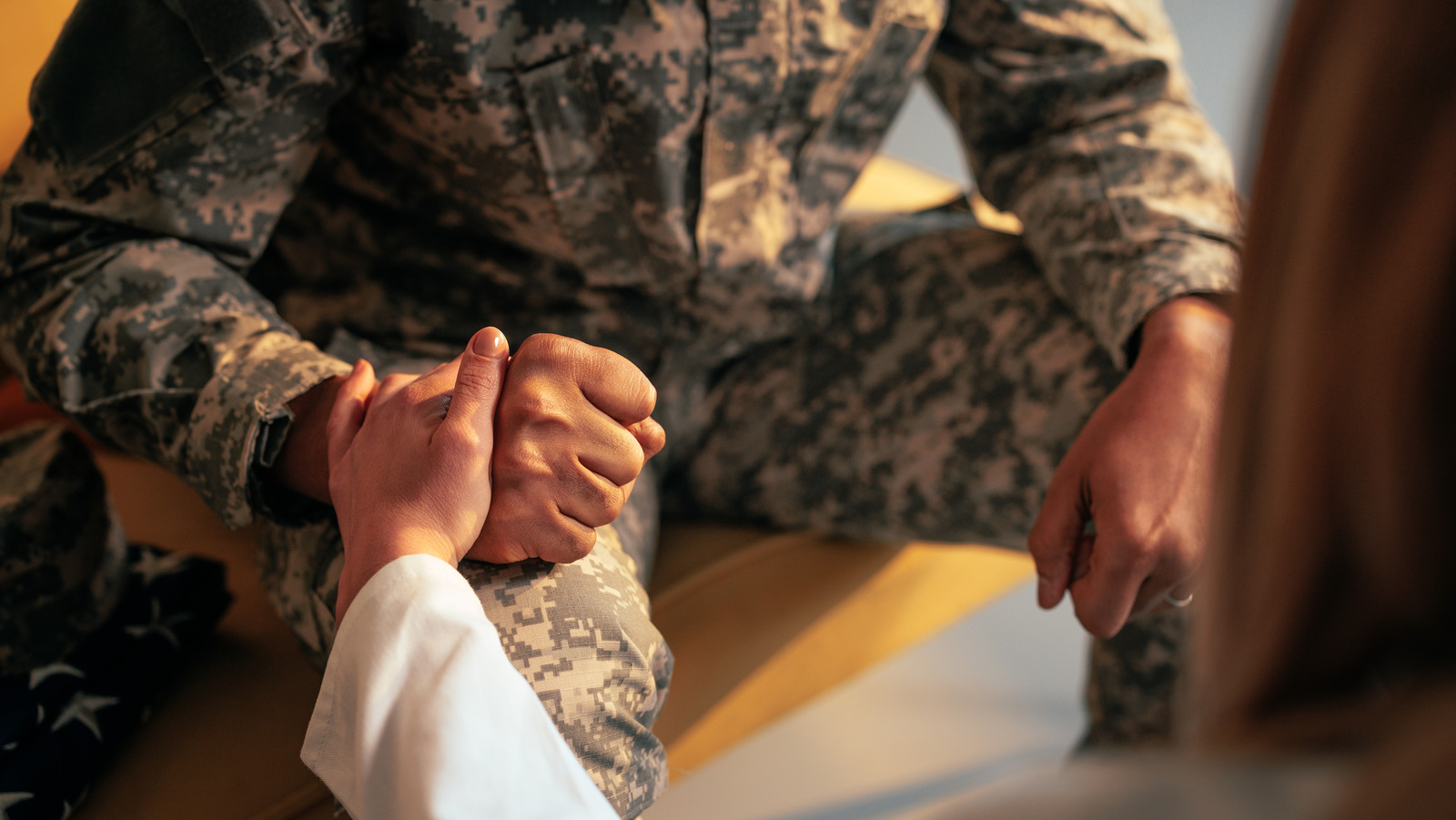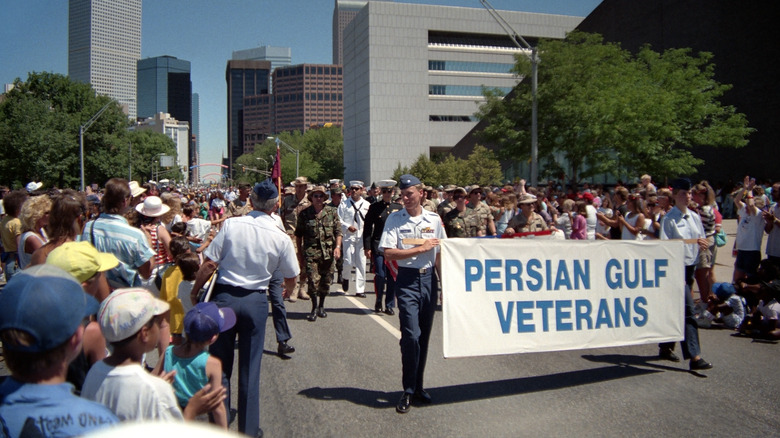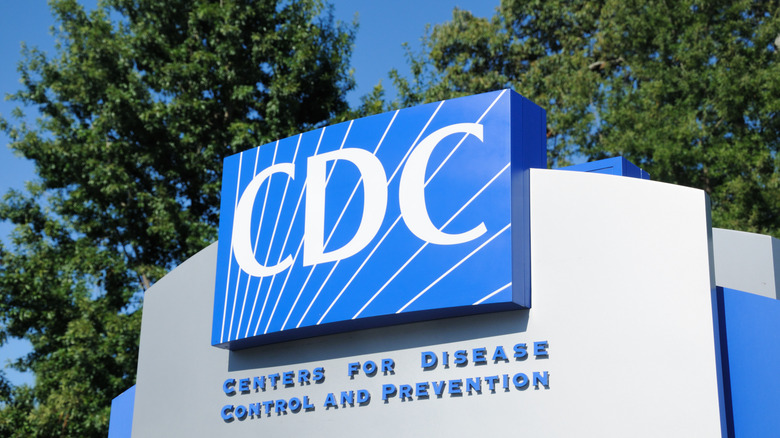More than three decades after the end of the Gulf War, the U.S. Centers for Disease Control and Prevention (CDC) has officially recognized Gulf War Illness. This is a distinct medical condition, and the CDC now offers a long-overdue validation to tens of thousands of veterans who have suffered in silence. Starting October 1, a new diagnostic code for the condition, T75.830, became effective, marking a pivotal shift in federal acknowledgment of the illness that has plagued nearly one-third of the U.S. troops deployed to the Persian Gulf in the early 1990s.
For years, veterans returned home with a puzzling array of chronic symptoms, such as severe fatigue, memory loss, and neurological disturbances. Many were told their suffering was just in their heads, that it was the result of stress or depression. Others were misdiagnosed with fibromyalgia, chronic fatigue symptoms, or PTSD. But all these labels failed to capture the full scope and origin of their condition.
Though there has been quite a few advancements when it comes to other conditions, like when researchers found a way to switch memories back on in Alzheimer’s patients, the same can’t be said for those with Gulf War Illness. The veterans were left feeling dismissed, stigmatized, and abandoned by the system. However, with the new CDC diagnostic code, Gulf War Illness now has a name, a medical definition, and a path towards more accurate diagnosis and treatment. For many veterans, this long-awaited decision marks not only medical progress but also a measure of justice.
What is Gulf War Illness?
Gulf War Illness (GWI), sometimes referred to as Gulf War Syndrome, is a chronic multi-symptom illness affecting war veterans who served in the 1990 to 1991 Persian Gulf War. It is not a psychological condition, but a physiological disorder believed to be triggered by a combination of environmental exposures and toxic substances encountered during deployment.
Symptoms of GWI vary, but include persistent fatigue, a decline in the levels of cognitive function you’d see at a peak age, muscle and joint pains, headaches, gastrointestinal problems, sleep disturbances, and sensitivity to chemicals. Many veterans also experienced issues with balance, memory, and mood. These symptoms can severely impact daily functioning and quality of life. Typically, they do not improve over time. Unlike more well-defined conditions, GWI has been challenging to diagnose due to its complex presentation and overlap with other illnesses.
Scientific studies have linked GWI to specific wartime exposures, including low-level nerve agents, pyridostigmine bromide pills (taken as a nerve gas antidote), pesticides, oil well fire smoke, and experimental vaccines. Research suggests these exposures may have caused lasting damage to the immune and nervous systems.
The recent decision by the CDC to assign a diagnostic code to Gulf War Illness reflects a broader medical consensus: This is a real, physical illness with unique biological markers. For affected veterans, that recognition is the first step towards effective care and long-overdue acknowledgment.
Why did it take the CDC 30 years to recognize Gulf War Illness?
The 30-year delay in officially recognizing the Gulf War Illness stems from a complex mix of scientific uncertainty, political reluctance, and systematic bias within the medical and military establishments. Although veterans began reporting symptoms shortly after returning home in the early 1990s, the absence of a single clear cause or diagnostic test allowed doubts to linger. Those doubts were reinforced by institutions that were reluctant to take responsibility.
Initially, the U.S. Department of Defense and Veterans Affairs downplayed the reports, attributing the symptoms to the way that stress warps the brains of animals and humans, depression, or combat-related trauma. This psychological framing stuck, despite growing research pointing to toxic exposures. The lack of visible injuries and the vague, wide-ranging nature of symptoms made it easy for skeptics to dismiss the illness as psychosomatic.
Meanwhile, scientific studies were slow to receive funding, and those that did often faced bureaucratic hurdles. Research that linked GWI to military exposures (nerve agents, pesticides, or protective drugs) posed uncomfortable questions about government accountability. Recognizing GWI as a legitimate, exposure-related disease would have opened the door to massive disability claims and public scrutiny.
It wasn’t until independent researchers and persistent veterans’ advocacy groups built a solid body of evidence that the momentum shifted. Congressional hearings, media pressure, and new biological findings forced federal agencies to reconsider their stance. The CDC’s new diagnostic code reflects this slow turning of the tide. But for many veterans, the delay has meant decades of silent suffering, misdiagnosis, and mistrust in the very institutions meant to protect them.












